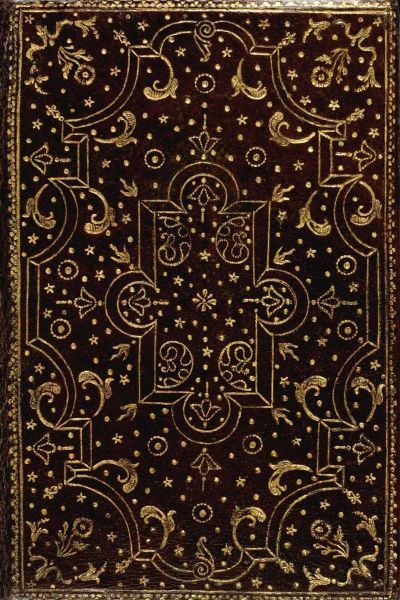A Short Interview With Pamela Sargent
A Short Interview With Pamela Sargent
By Pamela Sargent

14 Mar, 2015
0 comments
To provide context for my reviews of the Women of Wonder Series, which will resume next week, a short interview with the series’ editor, Pamela Sargent.
Q: Why did you edit them [the Wow anthologies] when you did?
A: Feminism and women’s issues were gaining more attention. At the same time (I’m talking about the late 1960s and early 1970s) more women were beginning to write science fiction and getting more notice, with Ursula Le Guin, Kate Wilhelm, and Joanna Russ being three of the most prominent and a number of newer writers working in the genre. As I read more past sf — and I had some catching up to do there, because I started reading science fiction later in life than many fans, not getting into really heavy-duty sf reading until I was in college — it became obvious that a number of women had written good work but were either largely forgotten or treated as special cases. With everything that was going on, it was also the perfect time to ask why sf hadn’t done more to question women’s “traditional” roles and imaginatively depict alternatives to them.
Q: What was the reaction?
A: When I first proposed the anthology to publishers, they weren’t receptive. In fairness, part of that might have been because I was a novice writer of only a few published stories, but it was also because some editors, as they admitted, didn’t think such an anthology would sell. I was asked by a couple of editors if there were enough good stories to fill an anthology of sf by women. One editor said that such a book would appeal only to a “minor” part of the audience for sf.
After about two years of sending the proposal around, I might have given up if Vonda McIntyre hadn’t informed me that she had recently written to an editor at Vintage asking why an anthology of sf they had brought out included only stories by men. Why not an anthology with some women? she asked the editor. Do you want to edit one? the editor replied. Knowing that I’d been trying to sell my anthology for a while, Vonda got in touch with me (a generous move on her part, as she was trying to sell an anthology of feminist stories herself) and Vintage bought Women of Wonder. Fawcett, publisher of my first two novels, bought Vonda’s anthology Aurora: Beyond Equality, which she edited with Susan Janice Anderson, not long after that, so this story has a happy ending.
Women of Wonder remained in print for over a decade, so clearly there was an audience for such a book and for two more WoW volumes. It wasn’t just long-time sf fans who were reading the books, either. For years afterwards, I would encounter people, mostly but not all women, who had thought there was nothing of interest in sf for them until they saw Women of Wonder in a bookstore or library. Of course there were also those who didn’t care for the idea of having an anthology limited only to women writers, although all-male anthologies didn’t seem to bother them. And there was eventually a kind of backlash, with questions about whether women actually wrote “real” science fiction. The time came in the early 1990s when I was able to edit two more Women of Wonder books for Harcourt, devoting the first to writers I’d included in the Vintage WoWs and the second to writers who had come into the field since then.
Q: Would you edit another WoW anthology now if offered the chance?
A: Part of me wants to say, yes, of course, because unfortunately the time has come for another such book. I mean, given the fragmentation of the genre into so many sub-genres and the deeper and much more complex discussion of gender we’re having these days, there’s certainly room for more anthologies addressing them. I was foolish enough when I was younger to think that certain issues had finally been settled, and now I know that you have to keep fighting the same battles over and over again. There’s also a kind of cultural amnesia that has set in, not just in sf but everywhere, as if the only books, or movies, or whatever that mean anything are the ones that came out last week and are the most heavily hyped. In recent years, I’ve been shocked and saddened by the number of writers, people I thought were fairly well established with important bodies of work, who have disappeared in one way or another. A while ago, one fairly well-known writer told me how offended he was that another writer, one younger than he is, had no idea who he was or that he had ever published anything at all. I shook my head and told him that I was only surprised when somebody I was meeting for the first time knew anything about me or my work.
Yes, there are plenty of reasons to edit another WoW anthology, but maybe a younger writer/editor would do a better job of it than I would at this point.
